This ground-breaking social enterprise uses surplus stock, education and an army of community leaders to bring thousands of families out of food poverty and back into traditional stores.
This includes a retail environment where surplus stock from every major supermarket and supplier is sold for, on average, a third of the retail price. Gary Stott, head of the company’s four community shops, says: “Our vision was to build strong individuals and confident communities with food.”
Membership is capped at 750 families and the average member visits the store two or three times a week and has an average basket spend of £8.39. During a month, the member saves an average of £212. The average member stays for up to a year before deciding they are ready to move back into traditional retail purchasing.
The capped temporary membership model is to protect the independent stores in the impoverished areas that Gary’s stores serve. “We absolutely didn’t want to build a retail subculture for low-income communities. We didn’t want to move into a retail community and harm the independent shops that are the backbone of the local area and local employment,” Gary says.
Despite the centre’s origins being deeply rooted in retail, there’s much more to it.
“The solution to people with multiple, complex barriers to success in their lives can’t be fixed by knocking 20p off a tin of beans,” he says.
The store’s members take part in personal development plans and community kitchen activities and provide services such as litter picking, creative writing and sound therapy to the community. “It’s a help up, not a hand out,” Gary explains.
Part of this process is restoring people’s confidence around food. Describing its ‘food journal’ community kitchen activity, Gary says: “We ask people to tell stories from their life about food as a tool to discuss happy experiences.
“We do that because, for a number of members, being able to acquire food each day has become a source of stress. And a community kitchen and food journal can help people to remember that food can be a source of delight and joy.”
With capped membership and fixed basket spend, there is a finite demand for produce, but even though much of the fresh surpluss stock they buy has a short shelf life, the store still has next to no food waste.
“Having a community kitchen on site means we can be flexible and ensure we don’t waste anything. There couldn’t be a more flexible menu, it’s like ‘ready, steady, cook’ with scale,” says Gary.
The shop is geared around providing low-income areas with affordable produce, which has traditionally been both a criticism of, and struggle for, estate-located independents, but Gary says responsibility lies on driving far larger change throughout society.
“The challenge around getting healthy fresh produce into low-income local stores is a systemic problem. A solution will not be found by one retailer baring the burden and losing margin on fresh food,” he says.
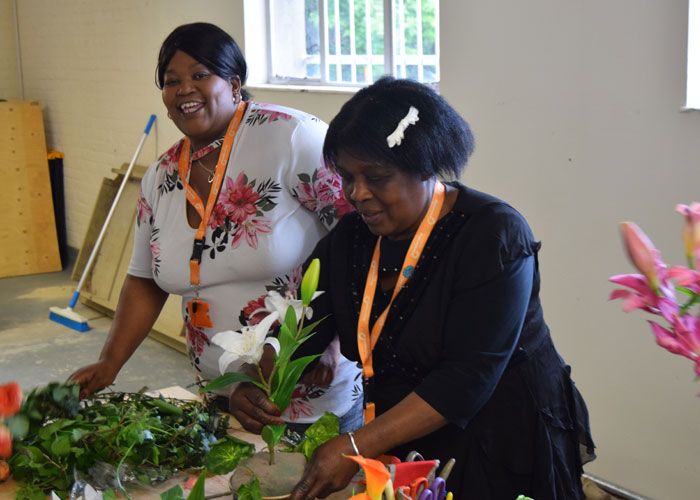
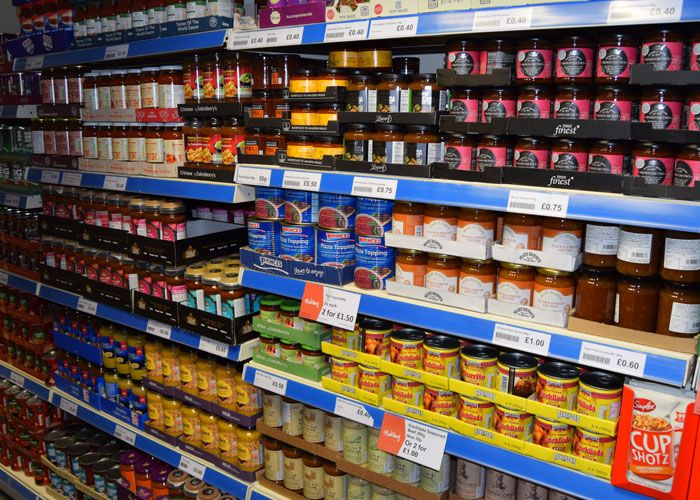


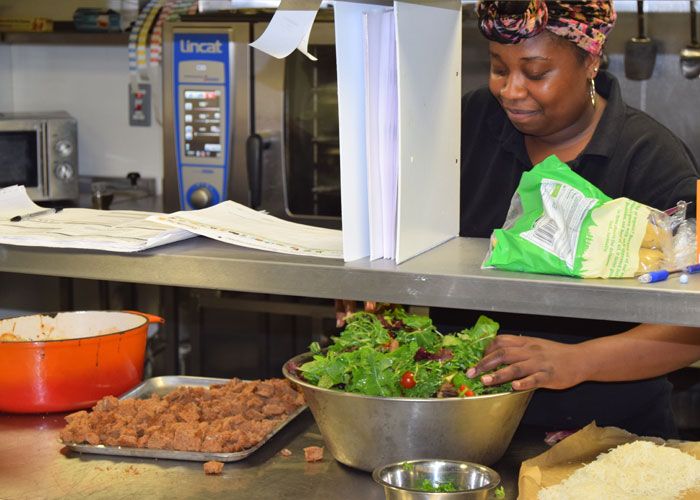
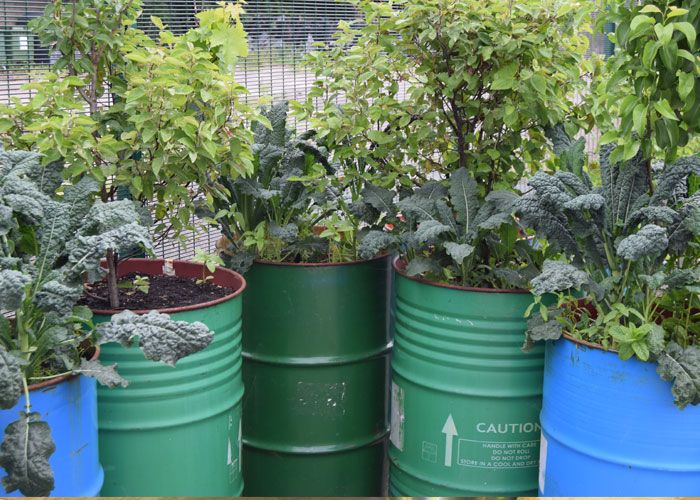
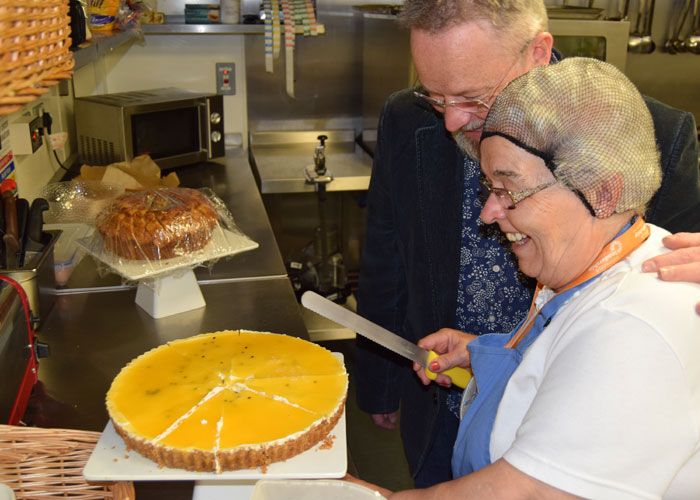
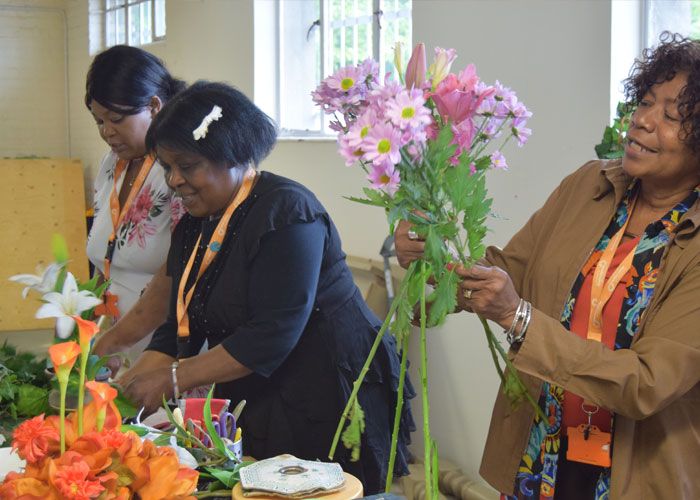



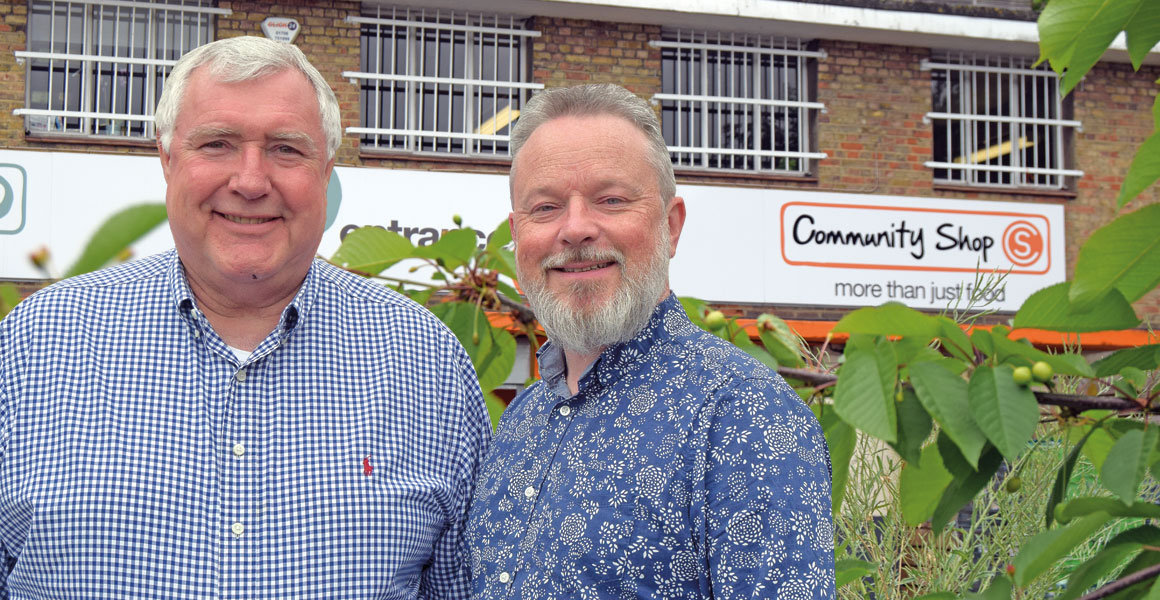

Comments
This article doesn't have any comments yet, be the first!